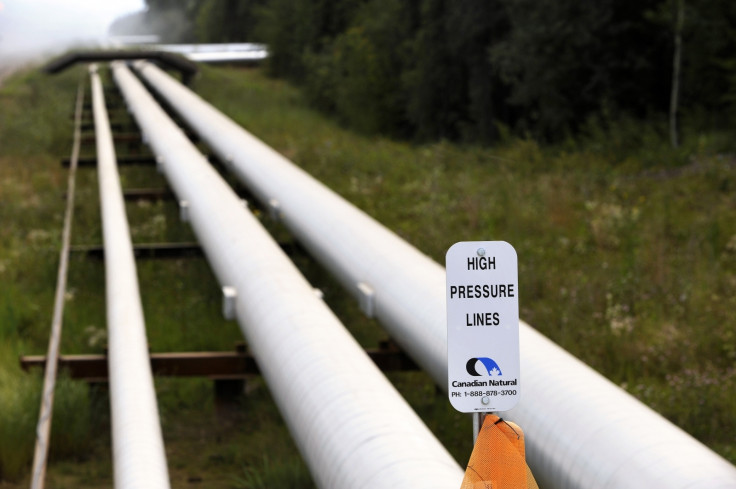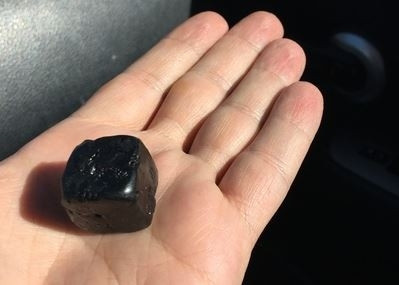Researcher stumbles upon oil industry breakthrough with spill-proof 'balls of oil'
Environmentally-friendly 'bitumen balls' could solve transportation headaches and eliminate pipelines.

An engineer has stumbled upon a revolutionary invention that could transform how heavy oil is transported by encasing it within environmentally-friendly 'bitumen balls' that wouldn't require pipelines.
Ian Gates from the University of Calgary's Schulich School of Engineering made an accidental discovery of the self-sealing pellets, which have a liquid core and a tough viscous skin, and could have a huge impact on the oil industry as the heavy crude could be cheaply and more efficiently moved by rail, road or sea.
"We were trying to upgrade bitumen and learned how to degrade it instead," Gates reveals.
Once shipped, the pellets can be refined just like regular bitumen. "The way we designed it, you can reconstitute it back into bitumen," he explains
The pellets can be created in various sizes from golf balls to pills and are said to be more environmentally friendly as they can be transported without the worry about spills as they are injected with a gas bubble meaning they would float and simply "scooped up" if they fell into water.
New pipelines in Alberta, Canada, face opposition and concern as bitumen being transported in its current state via pipelines would be difficult to clean up in the event of a spill as it sinks in water. Gates' buoyant balls would solve this problem because "If they spill, you just scoop them up again," says Gates.
Just as important, the breakthrough balls would remedy the distribution headache for oil companies by not having to rely on "finite" pipelines.
"There are only so many pipelines but there are rail tracks everywhere, and anywhere rail goes, so can these pellets," explained Gates.

Gates points out a cheaper method for oil companies to distribute the product could lie in the dwindling coal industry.
"There are thousands of these railcars built for coal that are now sitting idle. When you look at those railcars as very cheap transport, that's a few hundred thousand barrels a day that could be transported, using solid-phase bitumen, to markets throughout the planet."
Oil companies have attempted to create a solid form of bitumen in the past, however this has seen the product mixed with polymers and other chemical additives as well as using expensive equipment – all of which Gates claims his invention wouldn't require.
The bitumen balls will roll into a full trial by November and will employ automated technology to produce "several hundred barrels per day" of the pellets by next year.
© Copyright IBTimes 2025. All rights reserved.






















